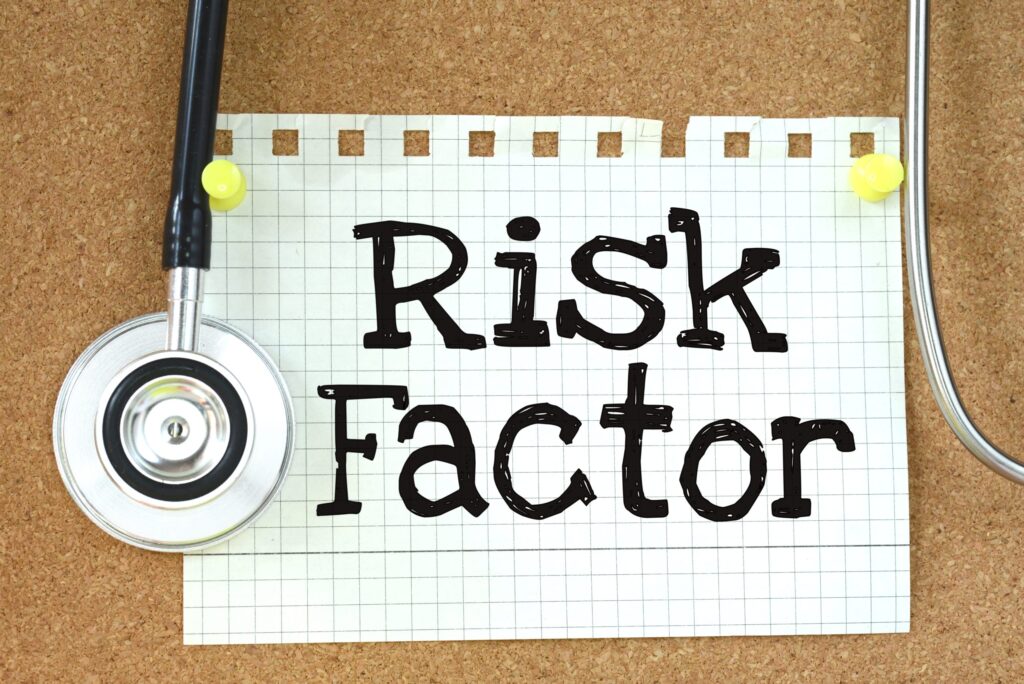What is a genetic risk assessment?
Genetic risk assessment is the process of understanding an individual’s probability of being affected by a specific genetic disorder. It is a key component of genetic counseling and genetic testing.
What does it involve?
The process of calculating an individual’s risk for developing a specific genetic syndrome involves an understanding of several pieces of information.
These include:
- Results of genetic screening, analysis and/or testing from an individual
- Results of genetic testing of family members
- The ethnic background of the parents
- The mutation rate of a genetic syndrome within a specific ethnicity (if known)
- The frequency of a genetic mutation within the general population (if known)
- The process of genetic risk assessment is an ongoing process, that is evolving and improving in its accuracy, the more we learn about the causes and presentation of many rare diseases.
What makes a genetic risk assessment more accurate?
The accuracy of an assessment depends on the availability of information and knowledge of the causes and symptoms of rare diseases. The more we know, the better able we are to evaluate an individual’s risk for a specific genetic disorder. The more we know about the prevalence of a syndrome, the more we know about its specific causes, including specific gene mutations or chromosomal abnormalities, the better we can be at making a risk assessment. In turn the better our genetic analysis gets.
The recent explosion in the types of genetic testing currently available, and an increased awareness about genetic testing amongst the general population, is helping improve the accuracy of genetic assessments. This is because targeted genetic testing can provide an accurate view of an individual’s genetic health and a greater understanding of their risk for specific syndromes based on their genetic makeup and health.
Improvements in genetic testing, and the ability of new testing options that can identify both single gene and complex gene mutations, are also important to enhancing the accuracy of a genetic risk assessment.
Greater and easier access to genetic counseling is also critical in improving the accuracy of genetic risk assessment. Genetic counselors are experts at providing genetic risk assessments but they need access to their potential patients to make it work. In recent years the development of online genetic counseling platforms and new genetic analysis tools, and services are doing what they can to remove the traditional barriers of location restrictions and limited availability of services, to improve access to critical genetic counseling services.
Genetic counselors can provide potential rare disease patients with accurate genetic risk assessments and they do so by understanding an individual’s family medical history, an individual’s particular symptoms, as well as their genetic screening and testing results. Accurate genetic risk assessment relies on access to genetic counseling.
The process of genetic risk assessment is a complex one. The very nature of genetic syndromes, their complex causes and symptoms, make them challenging to diagnose with a high degree of accuracy. Calculating an accurate genetic risk assessment requires the amalgamation of important diagnosis services – genetic counseling and testing – as well as a detailed and updated understanding of rare disease prevalence rates and occurrences according to ethnicity and population data.



